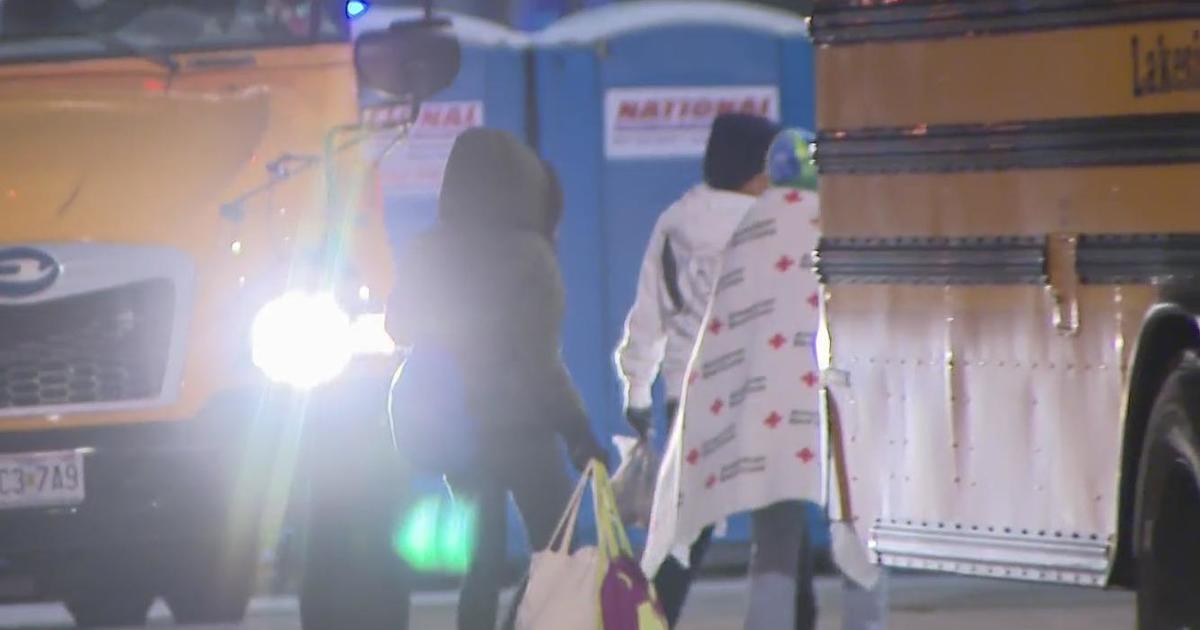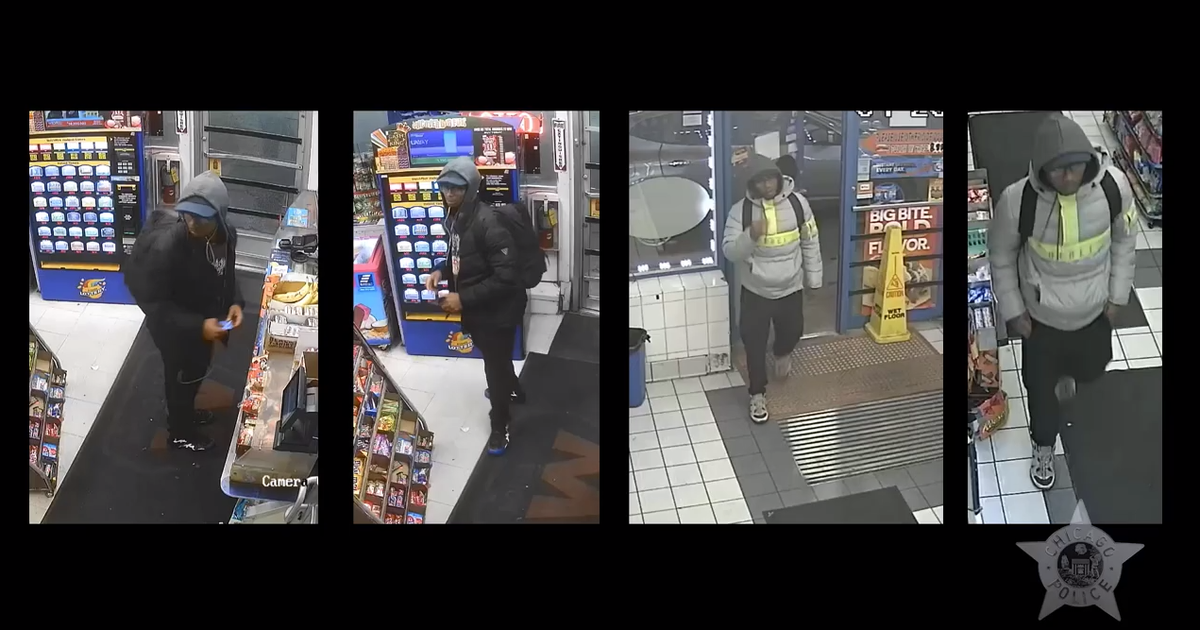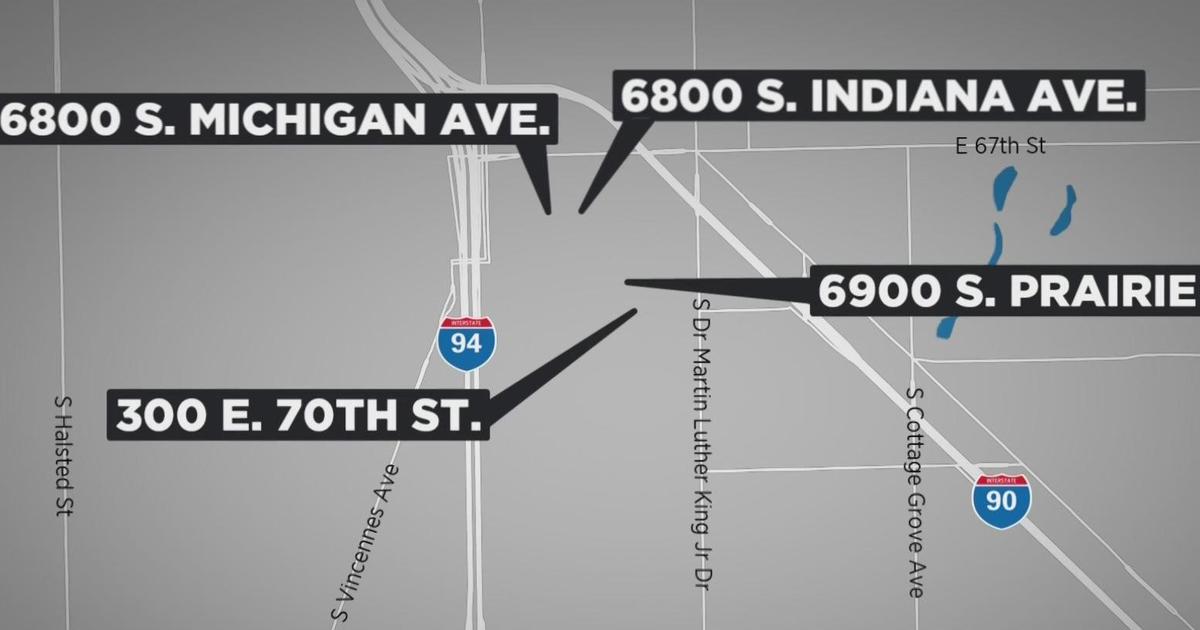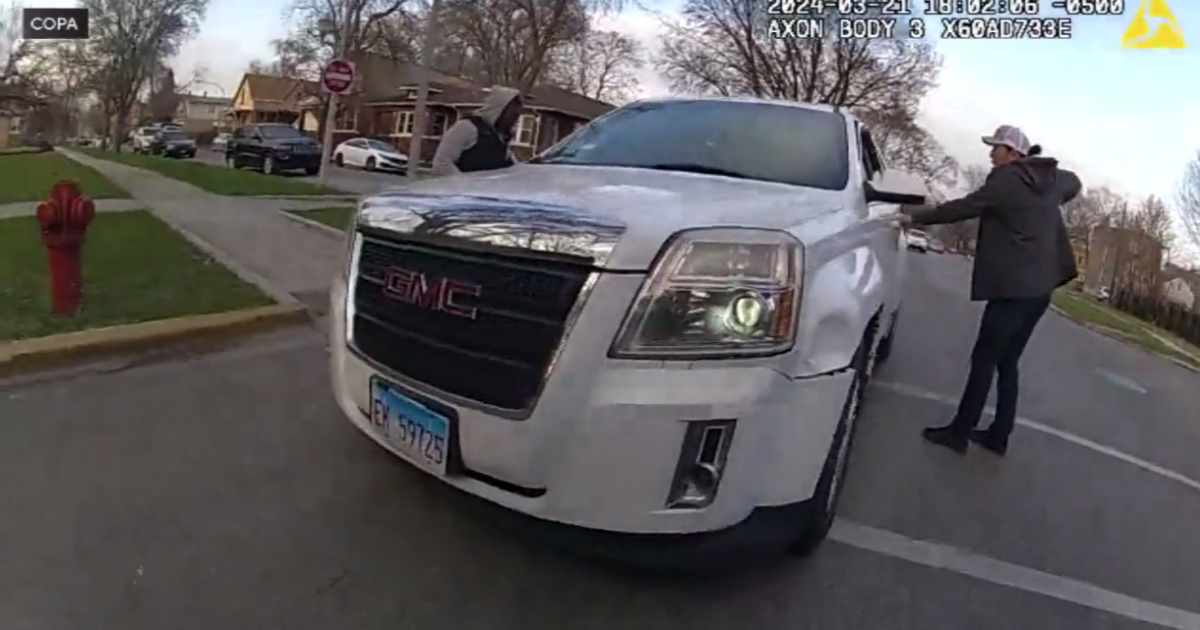Riverside Police Warn Dog Owners About Danger Of 'Zombie Raccoons' Carrying Distemper Virus
CHICAGO (CBS) -- Police in west suburban Riverside are warning dog owners to be on the lookout for so-called "zombie raccoons," which have been infected with canine distemper virus, and could pose a danger to pets.
Riverside police said they have responded to an increased number of cases of distemper virus in raccoons.
Raccoons carrying the distemper virus are often described as zombies, because of abnormal behavior caused by the neurologic effects of the disease; such as extremely slow movement, showing a lack of fear of humans, and walking around in the daytime even though raccoons are nocturnal.
Distemper is extremely contagious, and can cause digestive problems, respiratory issues, and seizures. The virus can't be transmitted to humans, but any contact with raccoons can be dangerous for dogs.
According to the American Veterinary Medical Association, dogs most often are infected through sneezing or coughing from an infected animal. It also can be transmitted by shared food and water bowls, toys, and other equipment. Infected dogs can shed the virus for months, and infected female dogs can pass the virus to their puppies.
Symptoms in dogs include a watery pus-like discharge from the eyes, fever, nasal discharge, coughing, lethargy, reduced appetite, and vomiting. As neurological effects worsen, infected dogs also can develop circling behavior, head tilt, muscle twitches, convulsions, jaw chewing movements, salivation ("chewing gum fits"), seizures, and partial or complete paralysis. The virus also might cause the footpads to thicken and harden.
Riverside police urged dog owners to get their pets vaccinated to protect them from distemper, and to keep a close eye on them while outside to avoid contact with wild animals, even in fenced-in yards.
"It seems every year around this time we get a rise in calls about raccoons acting oddly and we respond to calls about raccoons that may be a danger to the public. Our policy allows us to put down animals that are suffering or pose a threat to public safety," Riverside Police Chief Tom Weitzel said in a statement.
Riverside police said officers will euthanize infected wild animals, and public works crews will dispose of the carcasses when necessary.



